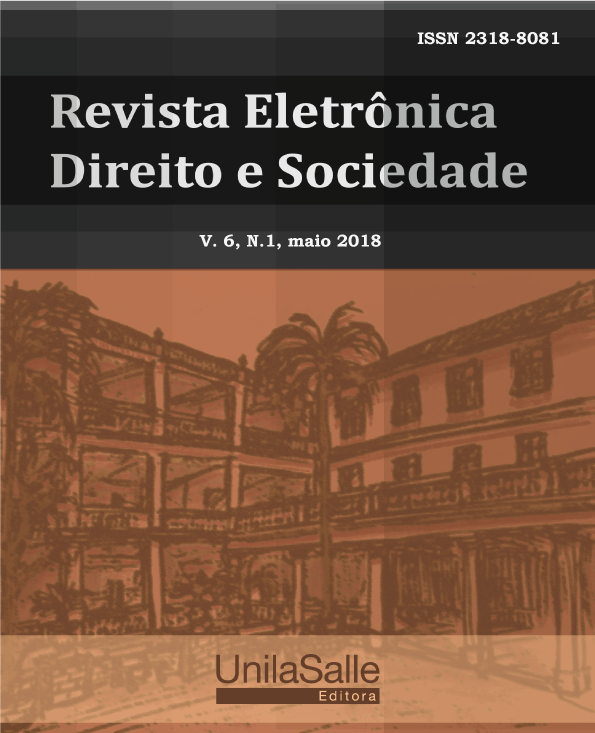Legal statements about online games accounts
DOI:
https://doi.org/10.18316/redes.v6i1.4504Keywords:
Contracts, Online Games, Games Accounts, Consumer Law.Abstract
Online games are undeniably new kinds of entertainment and are also considered professional activity or sport (e-Sports), being practiced by thousands of people around the world. League of Legends, World of Warcraft or Overwatch are just a few examples of these games that have been connecting people and circulates thousands of dollars every year. Considering this reality, online gaming companies impose contracts on users of their services, which often accept them without read it, and that contains some abusive clauses and sometimes it can bring some kind of harm to the user-consumer. Appling the deductive method, supported by indirect research technique (bibliographical and documental) and a qualitative case analysis, it is sought to analyze the possible disregard of clauses that provide some type of disadvantage for the user-consumer in these relations. For this purpose, three companies were selected for the analysis, including Riot Games®, Blizzard Entertainment® and Hi-Rez Studios® - being differentiated by the gaming genres offered and the number of players in each. As partial results, it has been verified that law on the subject is still meager and that the exercise of subsumption should be made – in Brazil - in Code of Consumer Protection, in order to find the north to rule these relations.
Downloads
Published
Issue
Section
License
Authors who submit their manuscripts for publication in the “REDES” Magazine agree to the following terms:
The authors claim to be aware that they retain copyright by giving “REDES” the right to publish.
The authors declare to be aware that the work submitted will be licensed under the Creative Commons Non-Commercial Attribution License which allows article sharing with acknowledgment of authorship and publication in this journal.
The authors declare to be aware that by virtue of the articles published in this journal have free public access.
The authors declare, under the penalty of the law, that the text is unpublished and original and that they are aware that plagiarism has been identified, plagiarized authors will be informed - willingly, to take legal action in the civil and criminal sphere - and, plagiarists will have their access to the magazine blocked.
The authors state that - in case of co-authoring - all contributed significantly to the research.
Authors are obliged to provide retractions and (or) corrections of errors in case of detection.
The authors are obliged not to publish the text submitted to “REDES” in another electronic journal (or not).
The Electronic Journal Law and Society - REDES - is licensed under a Creative Commons License. Attribution-NonCommercial 4.0 International.Based on work available at "http://revistas.unilasalle.edu.br/index.php/redes/about/submissions#copyrightNotice".
Permissions in addition to those granted under this license may be available at http://creativecommons.org/.

